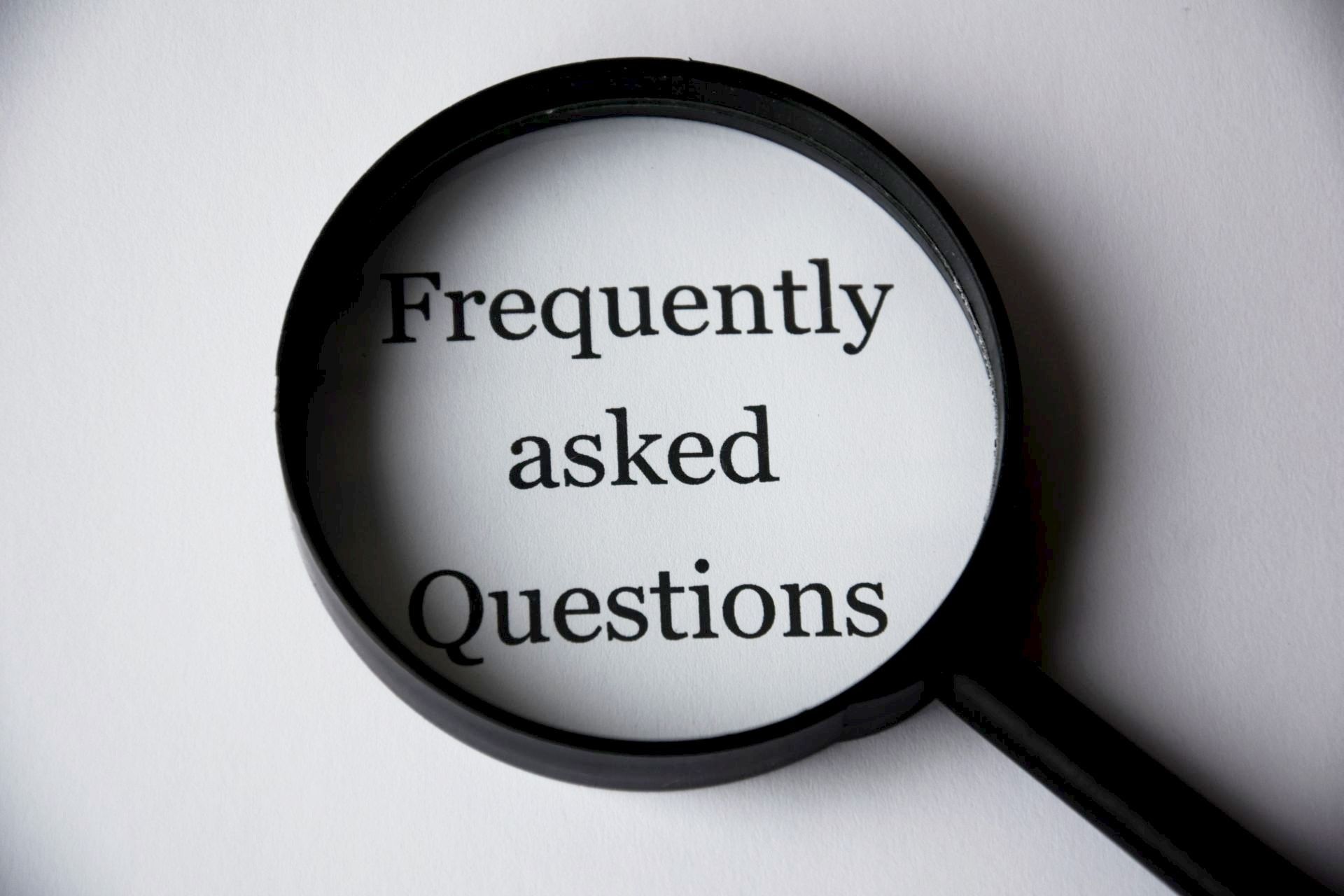Member Navigation
PROFESSIONAL SYSTEMS
Trend Master Pro
All system signals updated: February 24, 2026
PROFESSIONAL SYSTEMS
Trend Sync Pro
PROFESSIONAL SYSTEMS
Momentum Matrix Pro
Last Updated: February 11, 2026
Trend Master Pro Systems Analysis
Check out our latest video where we dive into the Trend Master Pro systems. We present potential new entries and stop losses in a straightforward manner, shedding light on the assets our systems trade. While this analysis does not confirm or deny a trading signal, it offers valuable insights to help you understand the risks and opportunities associated with each signal.
For more detailed analysis, check out our latest Market Analysis video by clicking here.
Last Updated: February 18, 2026
Trend Sync Pro Systems Analysis
Check out our latest video where we dive into the Trend Sync Pro systems. We review the system entries, technicals, and optional stop losses. While this analysis does not confirm or deny a trading signal, it offers valuable insights to help you understand the risks and opportunities associated with each signal.
For more detailed analysis, check out our latest Market Analysis video by clicking here.
Last Updated: February 20, 2026
Momentum Matrix Pro Systems Analysis
Check out our latest video where we dive into the Momentum Matrix Pro systems. We review the system entries, technicals, and optional stop losses. While this analysis does not confirm or deny a trading signal, it offers valuable insights to help you understand the risks and opportunities associated with each signal.
For more detailed analysis, check out our latest Market Analysis video by clicking here.
Getting Started With Our Trading Systems
Master your trading with Trend Master Pro, Trend Sync Pro, and Momentum Matrix! Learn system settings, profit targets, stop losses, and daily signals in this comprehensive tutorial.
Frequently Asked Questions

How is Momentum Matrix Pro different from Trend Sync Pro?
The primary difference between Momentum Matrix Pro and Trend Sync Pro is their long-term analysis. Momentum Matrix Pro requires an asset to have positive long-term momentum before a buy signal can be generated. Trend Sync Pro requires an asset to have a positive long-term trend and does not consider an assets momentum.
What does cost basis mean?
Cost basis in investing is the original value of a stock or asset for tax purposes. It's basically the amount you paid to buy the stock, including any fees or commissions. When you sell the stock, you use the cost basis to figure out your gain or loss, which helps determine how much tax you owe.
How does buying an asset multiple times benefit my cost basis?
By buying shares at different times, especially if the price drops, you can lower your average cost per share. Additionally, buying at different times can reduce risk because you're not committing all your funds at once.
What are buy and sell limit orders?
A buy limit order is an order you place with your brokerage to buy a specific amount of stock at or below a specific predefined price. A sell limit order is an order to sell a specific amount of stock only if the price reaches or exceeds your specific predefined price.
What is a "buy on open order" or "market on open order?"
This type of order instructs your broker to buy the specified number of shares at the opening price of the trading session. The goal is to execute the trade as soon as the market opens, regardless of the price. All of our current trading system entries are market on open orders. This enables busy investors to place their trades after the stock market closes and before the market opens the next day.
What is a stop loss?
A stop loss is an order you place with your stock brokerage to sell a specific security if it reaches a predetermined price. The primary purpose of a stop loss order is to limit an investor's loss on a position in a security. For example, if you bought shares of a company at $50 and you want to limit your potential losses, you might set a stop loss order at $45. If the stock's price drops to $45, the stop loss order will be triggered, and your shares will be sold at the next available market price. This helps you manage risk by automatically selling the stock before the price falls further.
